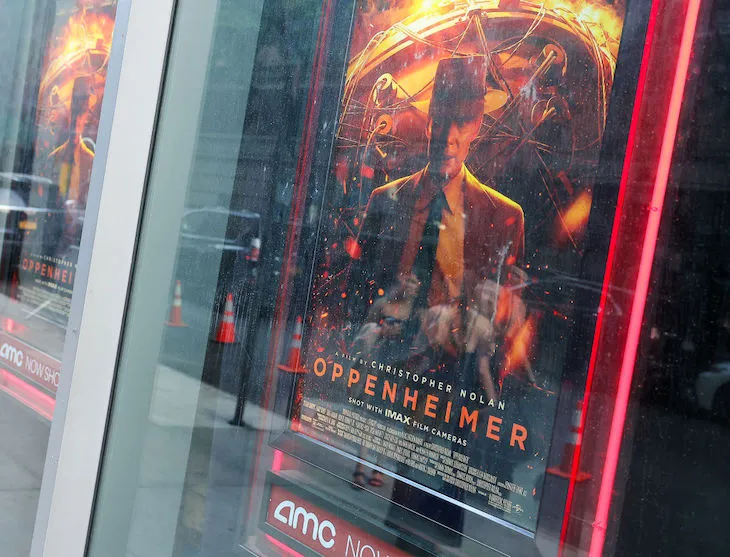On July 21, the film “Oppenheimer,” a biopic that revolves around the creation and deployment of the atomic bomb, was released in cinemas worldwide by Universal Pictures. By the time “Oppenheimer” began premiering in Asia, the topic of cultural insensitivity versus freedom of expression was being heavily contested in Japan.
The absence of the victims’ accounts and the portrayal of J. Robert Oppenheimer as a necessary evil resulted in outrage with some Japanese people’s unwillingness to play “Oppenheimer” in their cinemas. Countless memes from foreigners about the perceived hilarity of the situation flooded all major social platforms by August, only exacerbating the issue.
One such meme from Reddit, an American social media platform, reads, “Japan just banned ‘Oppenheimer’… That’s fair though, I guess they already saw the movie.”
Many Japanese people did not take this issue lightly. Thousands took to LINE, Twitter, and Facebook to express discontent about the movie.
“From my knowledge, ‘Oppenheimer’ does not show any of the atomic bomb’s victims,” Chengxuan Jin (10), a Japanese “Oppenheimer” critic, said. “Perhaps the Japanese feel indignation about the partiality of the movie; in other words, they may feel that ‘Oppenheimer’ is a biased portrayal that fails to address their perspective.”
According to Axios, an online journalism site devoted to international controversies, not only is the film’s inability to grasp the destructive propensity of the bomb offensive but also the glorification of Robert Oppenheimer, who committed such atrocities, shows a blatant disregard for sensitive topics.
Kira Wang, the author of the Axios article, said, “For what critics argue is its failure to fully grapple with the destructive reality of the attacks on Hiroshima and Nagasaki, and its celebration of the ‘father of the atomic bomb’.”
Despite the worldwide media’s assertion about the removal of “Oppenheimer” from theaters, Japan has yet to ban the movie. Japan postponed its release due to a multitude of reasons, primarily the backdrop of the film being World War II. The backdrop recalled the horrors of war which authorities believed wouldn’t rest well with the public. What angered the Japanese didn’t seem to resonate as much with others. Regardless of its historical connotations, the media continues to belittle the situation, only fueling the debate.


